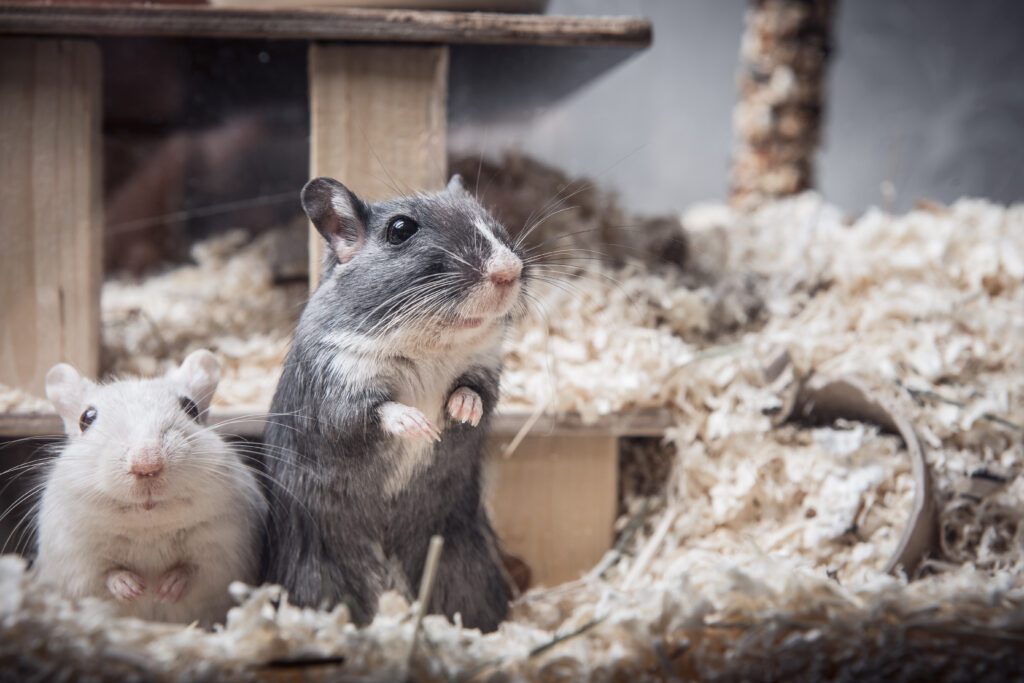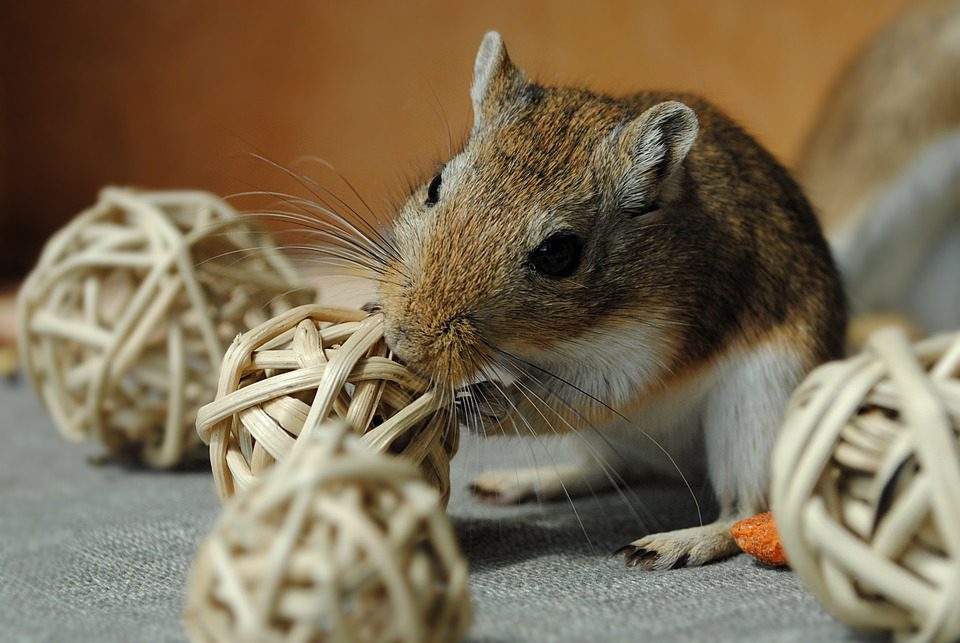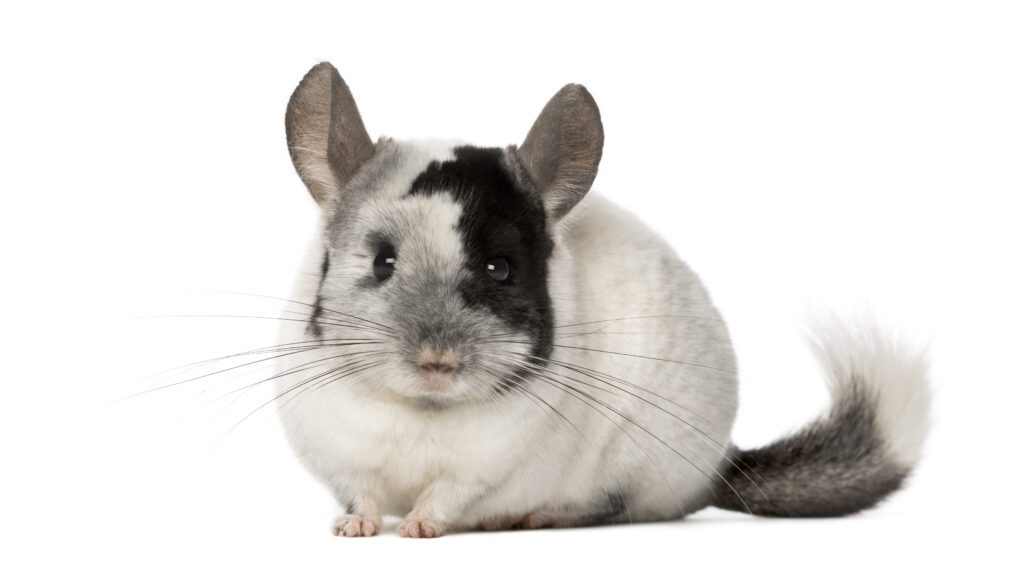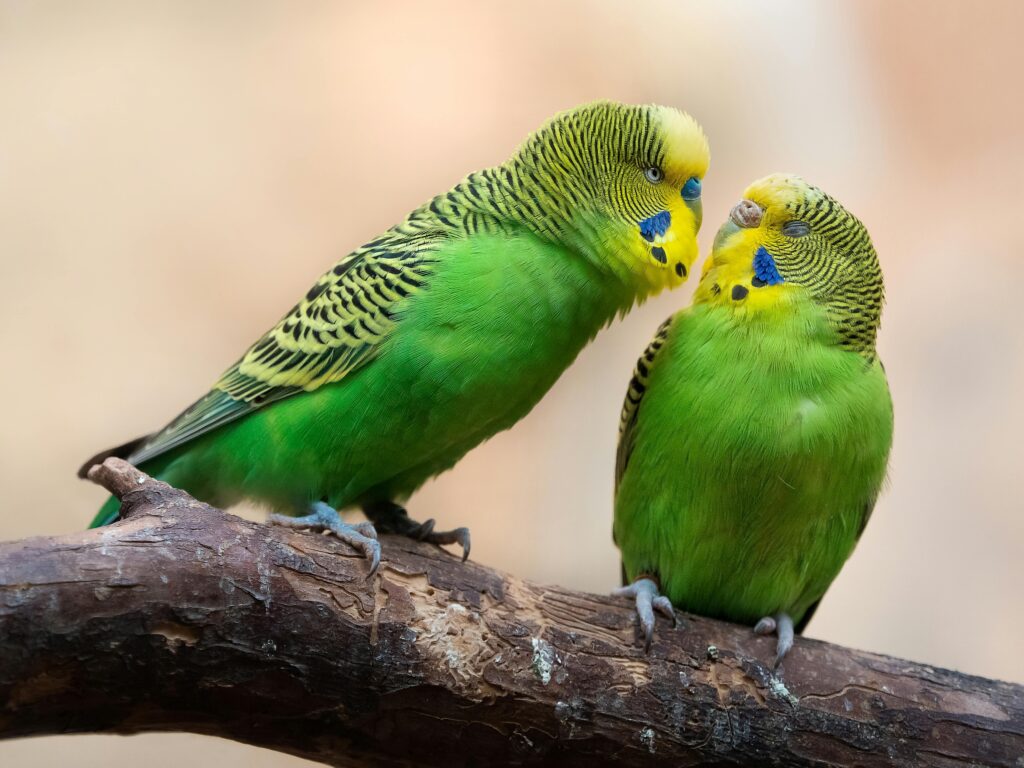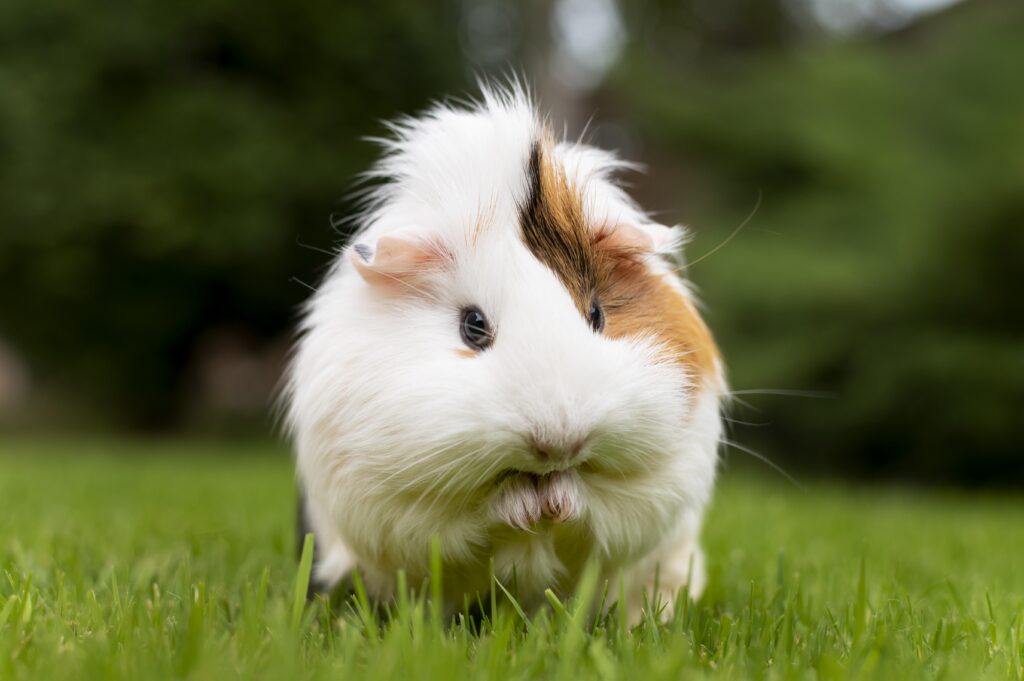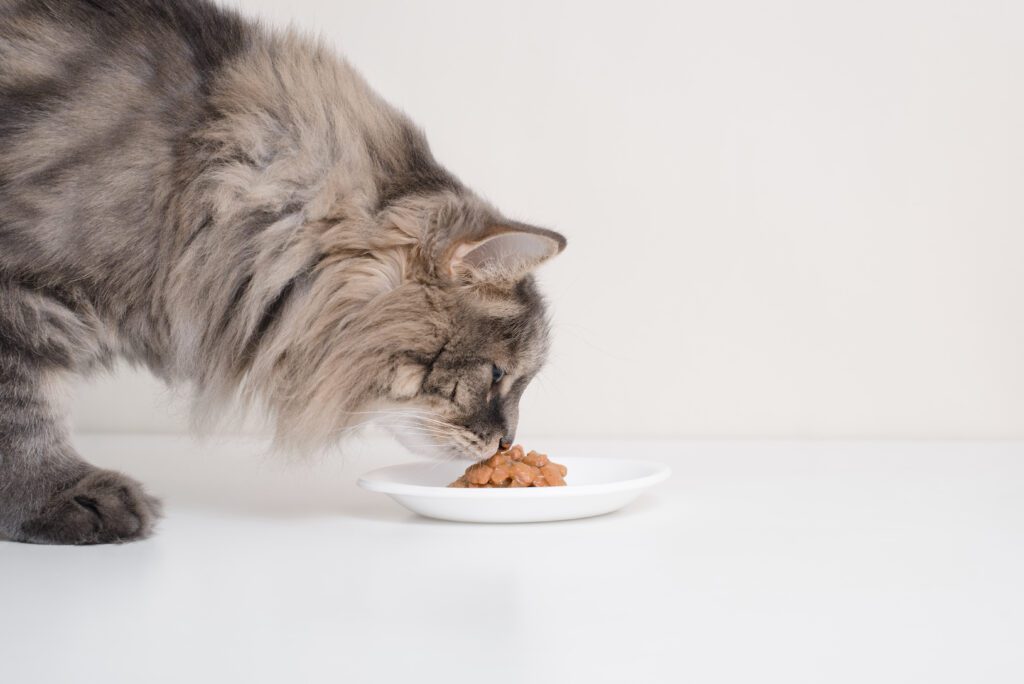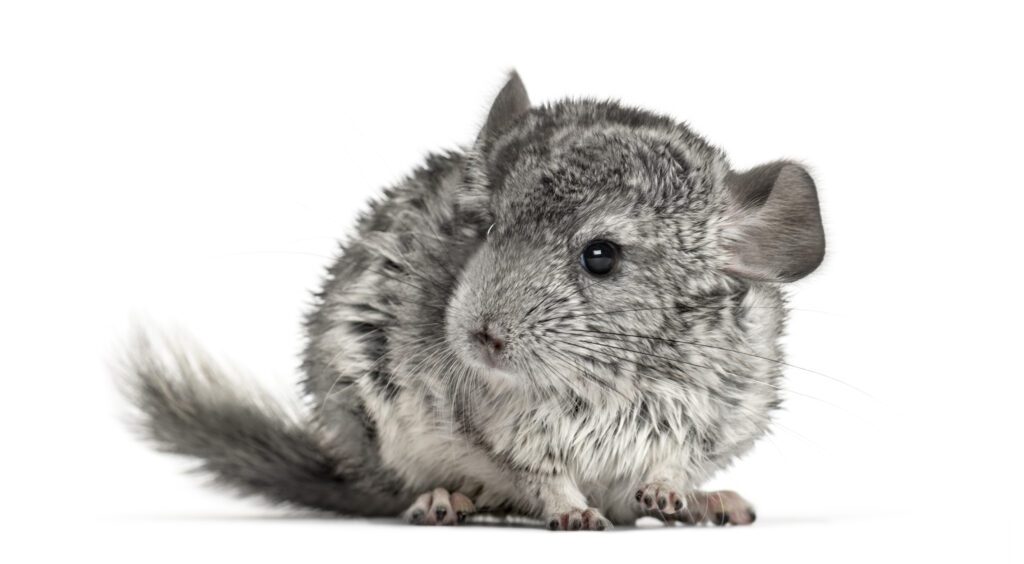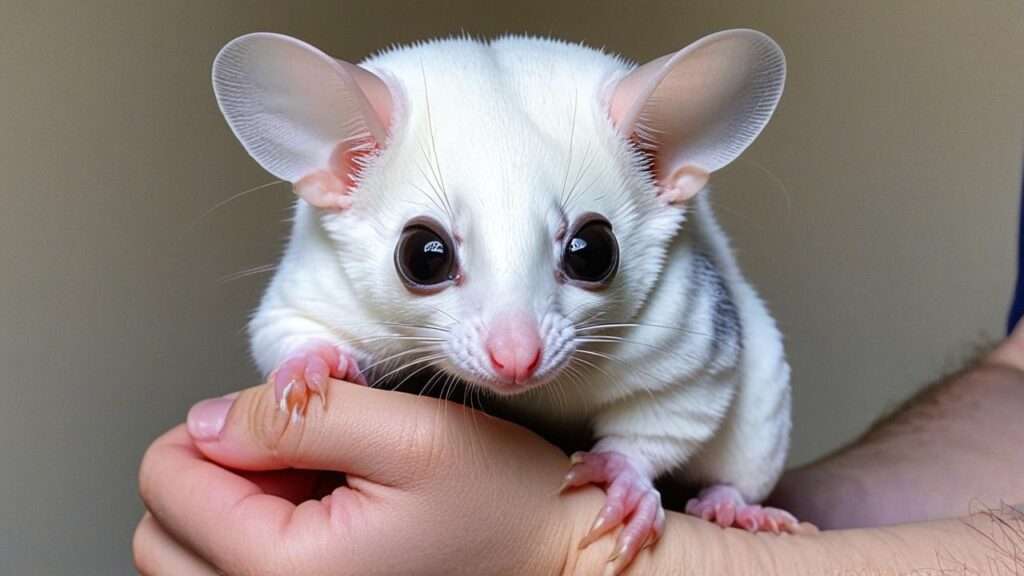
TOPICS COVERED
ToggleLearn about Are Sugar Gliders a Good Pet. Discover if sugar gliders make a good pet for you. Explore their social needs, dietary requirements, and care challenges to determine if these charming marsupials are the right companion for your lifestyle.
Introduction
Sugar gliders are one of the popular exotic pets from which Australia and New Guinea have been home. They became extremely popular because of their playful nature, primarily since they have social and unique appearance characteristics. However, a full profile about the needs and characteristics of caring for these animals should be established before bringing one home.
Physical Characteristics of a Sugar Glider Pet
Small, active marsupials with unique physical traits have made sugar gliders interesting pets. They usually weigh between four and five ounces (100-140 grams), measuring about 6-7 inches in body length with their tail being just as long as their bodies and covered in soft grey or brownish colored fur marked by a central black stripe starting at the tip of the nose.
The sugar gliders are known for their patagium, a stretchy membrane that goes from their wrists to ankles. The patagium allows for gliding sometimes up to 150 feet in the wild while black large eyes make sugar gliders see during the night hence they are nocturnal. Therefore, the flying capability of sugar gliders is due to these membranes which make them lightweight as well as agile climbers and gliders.
Are Sugar Gliders a Good Pet?
Sugar gliders make great pets but only for certain people. These animals are very sociable, fun-loving, and warm-hearted, usually tying strong relationships with human counterparts on the one hand. Yet, on the other hand, they need much attention, social activities, and games that require thinking.
They are nocturnal, meaning they are active at night and therefore may interfere with the sleeper’s schedule. Moreover, they need a peculiar diet and a large cage to live comfortably. They need exercise and a chance to explore. Therefore, consideration of lifestyle should be done before adopting a sugar glider.
As far as pets go, sugar gliders are amazing–as long as you’re prepared to put the work into taking care of them, ensuring they socialize properly, and creating a suitable habitat. They are most appropriate for individuals with pets who have some experience keeping animals because you need to understand what makes these creatures tick if you’re going to be able to keep them under control.
Legal and Ethical Considerations
Before you decide to acquire sugar gliders, it is necessary to check up on the local laws and regulations regarding the ownership of exotic pets. Some localities might have imposed bans while others stipulate that one gets a license. Furthermore, deciding on where to get sugar gliders raises ethical concerns. To guarantee that the animals are in good health and obtained without violation of codes of conduct, make sure you obtain them from licensed breeders or animal shelters.
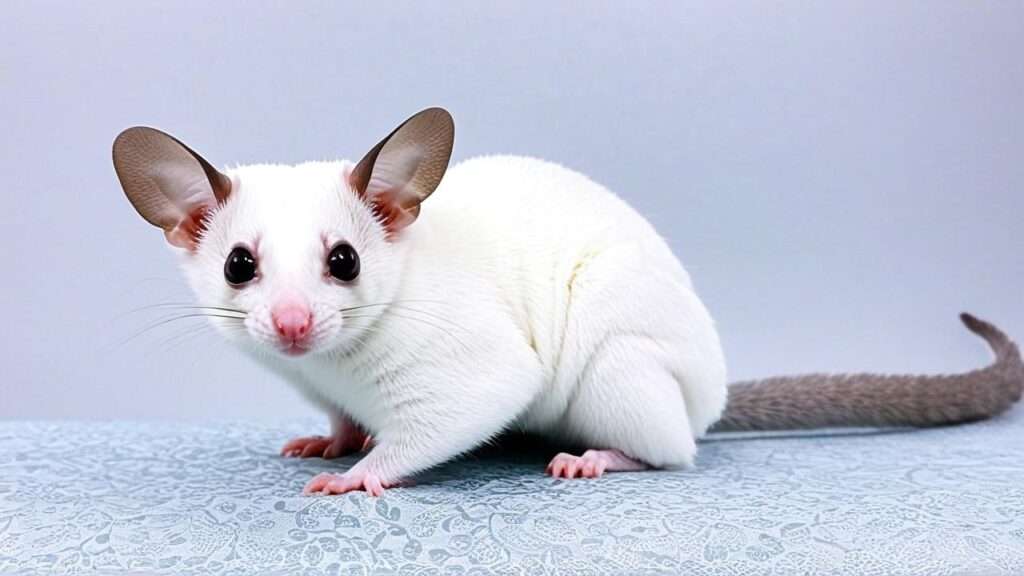
Sugar Glider Health Issues
1. Diarrhea
Infections, stress, and dietary changes, amongst others, cause diarrhea on sugar gliders. Consequently, it also implies a reduction of nutrient levels and water in the animal’s body. To this end, one should closely supervise them, and provide clean food as well as water; hence if the sickness persists seek the help of vets.
2. Intestinal Parasite Infection
Intestinal parasites such as worms can lead to weight loss, diarrhea, and lethargy affecting sugar gliders. One can identify and treat such infections through regular vet checkups and fecal examinations. Hygiene needs to be maintained at all times on top of ensuring that the habitat is clean to prevent infestations by parasites.
3. Tooth Pathology
Sugar gliders are likely to have dental problems like tooth decay as well as gum disease. Diets without enough calcium can easily develop into these situations. To ensure continued dental health and avoid pain, regular dental visits should be paid plus consumption of chewable materials.
4. Obesity
Sugar gliders are often fat because they eat a lot of calorific feeds without exercising their bodies adequately. Owning sugar gliders can be challenging for people who are new to them since they require special needs in terms of attention and socialization. It is important that those who are planning to have sugar gliders must be aware of everything before they could take any measures.
5. Malnutrition
Sugar gliders may suffer from malnourishment due to insufficient fatty acids in particular if proper feeding is not done. Manifestations include exhaustion plus retarded hair growth poses among others. For sustaining food diversity, feed on some proteins; leave alone fruits or even vegetables which are part of their diet if you want them to thrive and remain nutritious.
6. Upper Respiratory Tract Infection
In sugar gliders, infections in the upper respiratory tract are usually caused by stress and environment. Coughing, or discharges through the nose are common signs that one should look out for as these indicate an illness may be developing. For treatment and healing, quick medical attention must be sought alongside keeping the environment clean and free from stress.
7. Bacterial Infectious Disease
one can tell when a sugar glider has a bacterial infection some of their symptoms including abnormal discharge and laziness. Good hygiene coupled with regular visits to the vet prevent catching such problems before they get worse. Management using antibiotics promptly often resolves these infections.
Why Sugar Gliders Make Bad Pets
1. They Require Specialized Care
Sugar gliders require special knowledge about their dietary and health requirements. People who want to keep these animals may not have enough resources to maintain their care which makes them susceptible to various diseases that endanger their lives.
2. Most People Can’t Offer Enough Space
Sugar gliders like plenty of room for glides and play, preferably comprising spacious multi-storied cages. The difficulty that emerges here is that most houses oftentimes fall short of providing such an environment which may trigger stress levels as well as other behavioral issues among these creatures.
3. Vets Find It Hard to Treat Them
Finding the right veterinary doctors who have dealt with sugar gliders before can be a tough task. The problem arises because not all veterinary officers possess adequate knowledge of such specific issues when it comes to health matters.
4. Many Are Farmed and Bred from Cruelty
There are quite a high number of instances where many sugar gliders are bred under cruel conditions resulting in poor health and bad behaviors at large. This has worked against cruelty to animals hence making it an ethical issue for anyone who might think of keeping them in the future.
5. There Are Legal Issues with Owning Them
‘Sugar Gliders’ is a pet that is considered exotic in many regions of the world, therefore, it may also have regulated and prohibited ownership. It is advisable for people who might fancy buying one to check their locality laws to avoid being penalized for keeping it at home where it shouldn’t be kept.
6. They Are Expensive to Purchase and Care For
Buying a sugar glider costs a lot of money at the onset and additional care including specific nutrition needs and visiting a vet for a medical check-up might make it even pricier. Consequently, some people are not even able to afford it.
7. They Are Prone to Injury and Disease
Without suitable care and an appropriate environment, sugar gliders can easily get hurt or fall sick. These include obesity, dental problems, and stress conditions that all need attentive care for their prevention’s sake.
8. They Eat a Specialized Diet
Sugar gliders need a variety of foods like fresh fruits, vegetables, as well as proteins to maintain their health. This requirement presents a problem as persons without experience in pet care would find it hard to do so.
9. You Can’t Leave Them with Someone Else
Social animals and sugar gliders much need engagement with companions. If left with strangers they are likely to get depressed and feel isolated meaning that they are difficult to find someone who can take care of them while they are away.
10. They Are Messy and Smelly
Though they groom themselves, sugar gliders produce dirt from their food leftovers too. Their cages must be cleaned frequently lest they stink, thus proving challenging especially if one leads a hectic life or resides elsewhere.
FAQs
Are sugar gliders a good choice for first-time pet owners?
Because of their individual needs when it comes to care-taking or friendliness, new beginners find keeping sugar gliders quite challenging. For someone intending to keep sugar gliders, they must first understand everything about it in order to make up their mind.
Can sugar gliders be trained?
Sugar gliders can indeed be trained to behave with the use of positive reinforcement techniques. Early socialization and handling tend to produce well-adjusted pets. Training may also reduce some behavioral problems, such as uncontrolled biting or incessant screeching.
Are sugar gliders affectionate pets?
Sugar gliders have a reputation for warmth and sociability. They flourish in communications and can develop intense attachments to people close to them. Nevertheless, they might need you to spend more time before they become totally at ease with you caring for them.
Do sugar gliders need to be kept in pairs?
Sure, sugar gliders are animals that have strong social ties and they are most suitable kept in pairs or small groups. Keeping them singly may cause them to be bored, feel lonely, and in turn develop some behavioral problems.
Conclusion
Sugar gliders make great pets for anyone ready to spend their time, love, and attention on them. They are fascinating companions because of their specific physical characteristics and social activity, but they have peculiar food, shelter, and interaction requirements so not everybody can keep them.
Both the sugar glider and its owner can lead a happy and healthy life if research is done properly and adequate preparations are made in advance. Shouldn’t the idea attract you, Sugar gliders will spend years giving you affectionate and joyous moments in your life.

